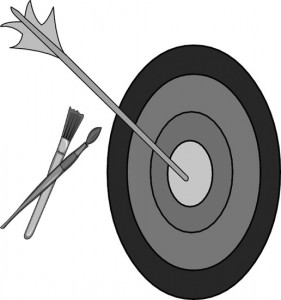
In Rome’s unwavering efforts to honor Mary with the accolades of immaculacy, the mantle of inviolable purity, the admiration of angels and the veneration of men, there is an unfortunate tendency to see Mary in every reference in the Bible. It would seem that there is not a verse in the Old Testament that does not prefigure her: she is the “land of Havilah” in Genesis 2:11. She is, at once, Noah’s Ark, the dove he released, and the olive branch it returned. She is Aaron’s Rod Blossoming, from which the Almonds of Jesus grew. She is Jesse’s Rod from which the branch of Jesus sprung (for “rod” in Latin is “virga,” which must refer to the Virgin), and she was present when the Spirit blew upon the seas at creation (for the Latin word for “seas” is “maria,” which must refer to Mary). She is the virgin soil from which Adam was made, and she is the cloud that led the Hebrews out of Egypt. She is Gideon’s fleece, the temple, the tabernacle, the ark, as well as the golden urn containing the manna within it. When David danced, he danced for her, and what Moses saw in the burning bush prefigured her—she was at the same time the flame and the unconsumed wood of the bush. She is even prefigured in the rotting manna, and Jesus is prefigured by the worms that fed on it.
There are, of course, dangers in finding Mary in everything, Continue reading Was Mary the Mother of John the Baptist, too?
 Follow
Follow





